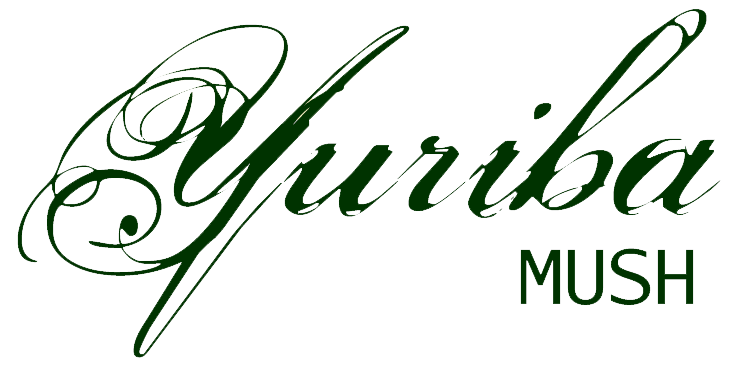Family Structure
Native family structure on Yuriba differs significantly from what is seen in most modern Western cultures. The foremost and most obvious difference in the lack of masculine familial roles; there is no concept of a 'son', 'father', 'uncle', and so on. Rather than dividing parents into a mother (typically the parent who bore the child and presents as female) and a father (a parent who provided genetic material for the child and presents as masculine), Yuriban families tend to lump adults that are involved in the primary raising of the child into a broad category of 'mother'. While the terms primary mother may be used for the bearing mother and secondary mother for any non-bearing parents, these are generally considered technical terms, rarely used in daily life. Instead, the bearing mother, any women who contributed to the direct memetic heritage of the child, and any women involved in a close romantic relationship with one of these people during a child's pre-schooling years is typically referred to as a 'mother', including a wide variety of variants such as 'mom', 'mum', 'Okaa-san', and so on. Which nickname is used for which parent is entirely left up to the family and child and it is very difficult to infer physical relationship from it. Any women who are considered parents by the child's mother(s) become grandmothers. Siblings and close family friends of the parents typically gain the title of Aunt or Auntie, as do women that are romantically involved with one of the parents once the child has reached the age to attend educational instruction regularly.
Like most cultures, Yuriba has a strong taboo against intergenerational romantic or sexual contact between mothers and daughters, even when they are not memetically or genetically related. The same taboo applies to grandmothers and 'direct siblings', that being any other individual who bears at least one memetic or genetic parent in common with the person in question. Relationships between cousins are considered accepted and unexceptional; relationships between an 'aunt' and their 'niece' are not as strict a taboo, but are generally considered to be tacky at best and unethical and inappropriate at worst.
While generally a Yuriban may refer to both any individual who shares one or more mothers with her as a sibling or a sister, Yuribans also commonly adopt very close friends as sisters, meaning that the term, again, makes it difficult to assume the exact connection. A few slang terms may be used to clarify that relationship, such as:
- Direct Sister - A sister who shares multiple genetic or memetic parents
- Half-sister - A sister who shares a single memetic or genetic parents with the individual
- Blood Sister - Contrary to how this is often used in other societies, a blood sister is an individual that one has sworn a blood oath of sisterhood with. They are also referred to as Oath Sister.
- Twin - A sister who is born to the same genetic or memetic parents and was borne and birthed concurrently
- Litter-mate - A sister who was born to the same genetic or memetic parents and was borne and birthed concurrently. This term is most common in kitsune families, where multiple births are common.
- Tree sister - A dryad term, used for other dryads raised in close proximity to the individual.
Among native races, at least kitsune and fae acknowledge of a form of clans or packs, expanding their familiar obligations to include not just the above mothers, sisters, aunts, and cousins, but also those who were formerly romantically involved with themselves or another individual they are close to. (Thus, your sister's ex-girlfriend would still be considered family, even if they are no longer dating.)
